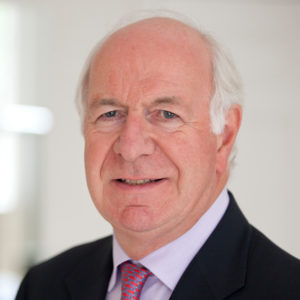medwireNews: Most children and adolescents who identify as transgender or gender variant continue with hormone interventions after discharge from youth endocrine services, a study shows.
The analysis of 1089 young people seen at two English paediatric endocrinology liaison clinics between 2008 and 2021 “is the largest and most comprehensive series so far reported”, say Gary Butler (University College London Hospitals NHS Foundation Trust, UK) and study co-authors.
At the point of discharge, 91.7% of the young people continued to identify as gender variant, and the majority of these (86.8%) were discharged on hormone treatment to adult gender identity clinics within the National Health Service.
The second most common discharge outcome was postponing hormone treatment until transfer to the adult clinic. Other outcomes included discharge to private healthcare or general practitioner only, choosing to stop treatment, or unable to receive treatment due to mental health or social issues or lack of capacity to consent.
At the time of initial referral, 217 of the young people were less than 16 years of age and 872 were older (mostly 16–18 years; the oldest was 22 years), and approximately two-thirds of both age groups were registered female at birth.
In total, 90 (8.3%) young people had ceased to identify as transgender at the point of discharge, although the researchers note that this could be an underestimate given the existence of an additional 63 individuals who had self-discharged or emigrated and had no follow-up data.
Thirty-two young people reverted to identifying with their birth gender after their first clinic appointment but before treatment was started, and the proportion stopping at this point was similar in the younger and older age categories (3.7 and 2.8%, respectively).
A further 58 people reverted to identifying with their registered birth gender having already received hormonal treatment, and in this case the proportion was higher in the under 16s than the older group, at 9.2% and 4.4%, respectively.
Butler and team say this finding “lends support to the competence of initial decision making and subsequent reflection by those referred under the age of 16 years”.
They stress that young people continue to receive psychosocial support while receiving hormonal treatment. “This is an important aspect of care and these data show that despite starting on hormone therapies a young person is still able to reconsider their gender identity”, they write in the Archives of Disease in Childhood.
The researchers highlight the need to monitor the long-term outcomes of these young people “in order to inform paediatric services”, but note the logistic and ethical challenges involved.
But they emphasise: “We need to assess fully the benefits and risks of all the interventions and treatments given to gender variant young people in order to mastermind future service provision, and indeed inform why some people chose certain treatment options over others, or even chose nothing at all.
“Moreover, a deeper understanding of the needs of gender variant young people as they grow older and mature is absent at present.”
By Eleanor McDermid
medwireNews is an independent medical news service provided by Springer Healthcare Ltd. © 2022 Springer Healthcare Ltd, part of the Springer Nature Group


